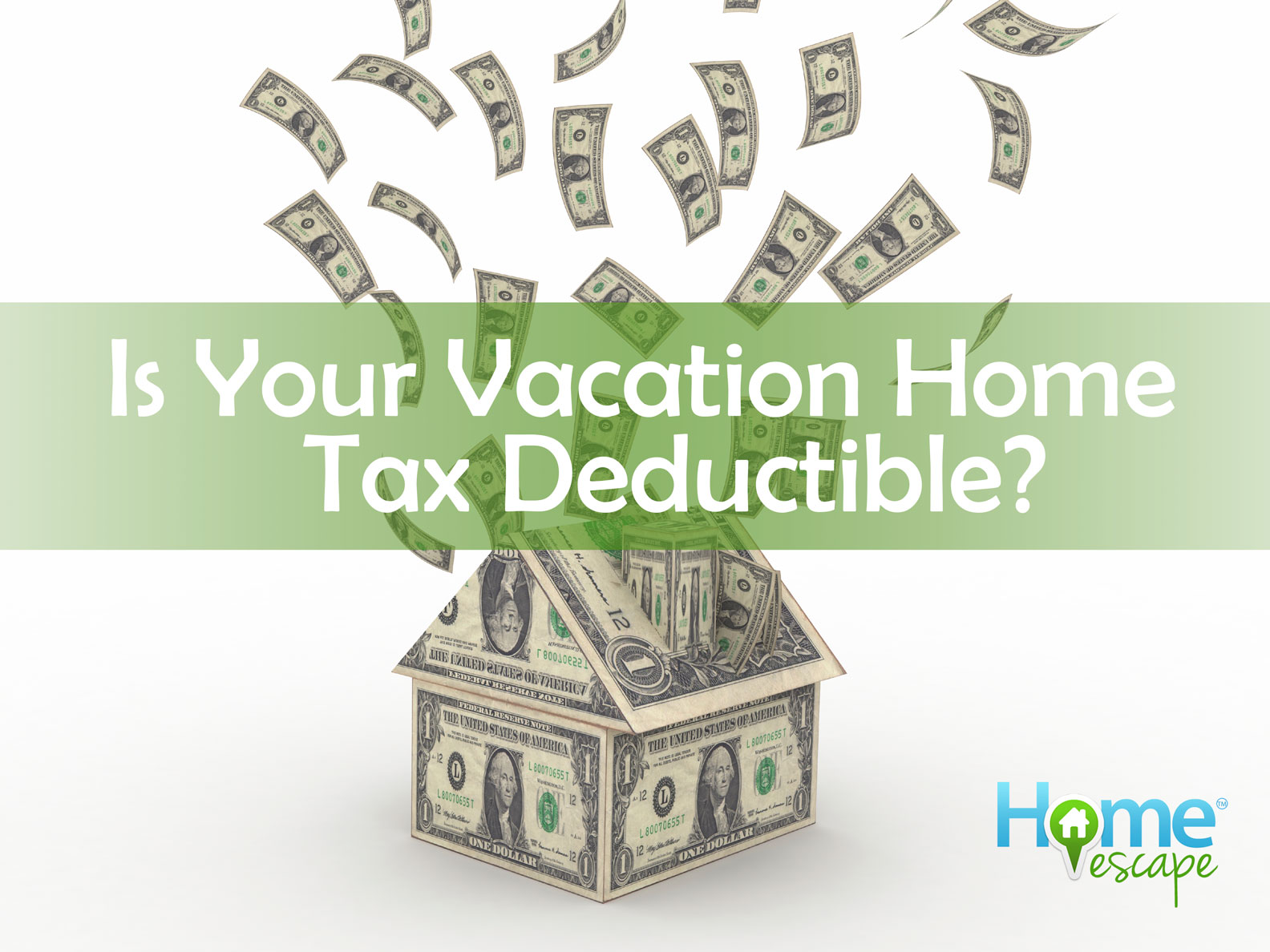

A vacation rental can offer homeowners a break from taxes. Basically, if your rental has sleeping, cooking, or bathing facilities, then you qualify for tax deductions.
If you bought your home primarily for personal enjoyment, you can typically deduct your mortgage interest and real estate taxes, similar to your primary residence.
The tax law also permits homeowners to rent their property for up to 14 days a year without paying taxes on that income, in addition to deducting for any uninsured casualty losses too.
If you own a vacation home but never visit it, other tax rules apply. Without personal use, the law considers the home an investment or rental property. Time spent checking in on the house does not count as personal use.
Tax Deductions for Rental Owners
Numerous expenses can be deducted from a rental property, such as: property taxes, insurance, mortgage interest, utilities, housekeeping, and repairs. Even miscellaneous items, such as towels and linens can be deducted.
Treat the rental property like a business, says Mark Steber, chief tax officer at Jackson Hewitt Tax Services. Keep detailed records and maintain a separate checking account. Figure you’ll spend a couple of hours a week, on average, over the course of the year managing the property.
If your gross income is below $100,000, you can deduct as much as $25,000 for rental losses the deduction gradually decreases until $150,000 in income.
Vacation Home – Mixed Use
The tax picture gets more complicated when in the same year you make personal use of your vacation home and rent it out for more than 14 days. Rental income is only tax-dree if under 14 days.
According to houselogic.com, The key to maximizing deductions is keeping annual personal use of your vacation home to fewer than 15 days or 10% of the total rental days, whichever is greater. In that case the vacation home can be treated as a rental, meaning you get the same generous deductions. To avoid going over the 10% limit, essentially you shouldn’t use your vacation home more than one day for every 10 days you rent it. Make personal use of your vacation home for more than 14 days (or more than 10% of the total rental days, if this is greater than 14 days), however, and your deductions may be limited. For example, suppose you rented your vacation home for 180 days last year. You could use the home for up to 18 days of personal use before your deductions would be limited. If you exceed the maximum, some deductions are limited; those related to the rental of the property are again limited by the ratio of actual rental days to the total days of use.
A popular strategy used by owners of vacation homes to avoid paying capital gains on a sale was to convert a vacation home into a primary residence. This was accomplished by living in the home for two years out of the previous five before selling. Doing so qualified the sale for an exclusion from taxes for a profit of up to $250,000 for single filers and $500,000 for joint filers.
While the exclusion remains available, Congress closed a loophole for vacation homes. For 2009 and later years, you pay regular cap gains taxes on the portion of the gain that’s equivalent to the time you used the home as a vacation home after 2008.